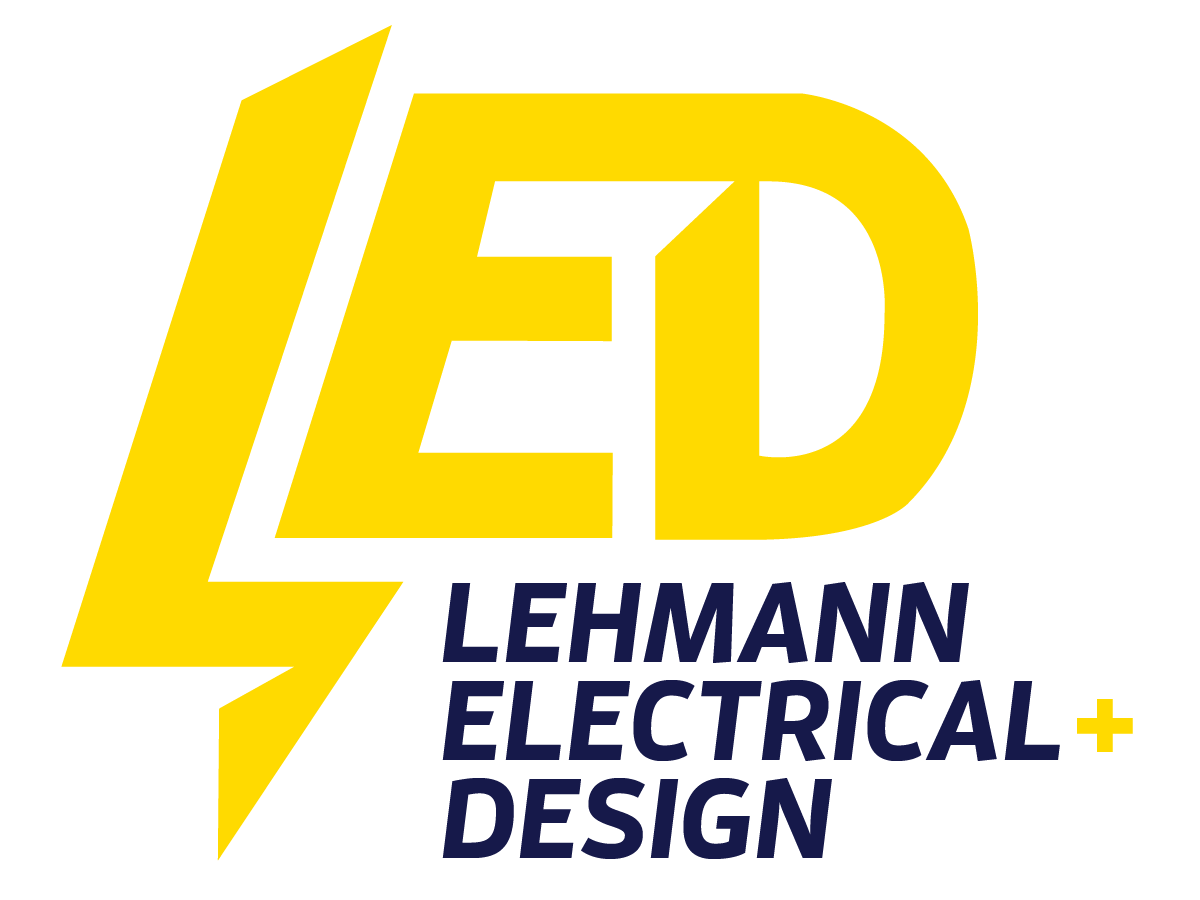Electric Vehicle Charger Services
When you think about driving an electric vehicle, one of the first things that comes to mind is how you're going to charge it. Charging is not just about plugging in your car; it's also about making sure that you're using the right kind of charger in the right setting. Whether you're at home, at work, or running a business, it's important to pick the right one for your needs.
Different Types To Meet Your Needs
Let's start by talking about the different types of chargers you can use. Level 1 is basic but do the job. These are usually best suited for places where the vehicle will be parked for a long time, like at home overnight. They can be plugged into a standard electrical outlet, making them convenient and easy to set up. Level 2 is a step up. They charge your car faster and are often found in business settings or public stations. These are great for homes too, especially if you use your car a lot and need to recharge quickly. Then there are DC Fast Chargers. These are the quickest ways to power up your electric vehicle. Because they're so powerful, they're best suited for places where quick charging is essential, like along highways or in commercial settings where time is of the essence.
Charging at Home Made Easy
Charging your electric vehicle at home has never been easier. Just think about the convenience of waking up every morning to a fully charged car. To get started, you'll need to consider a few things. First, what are your home's electrical requirements? Most chargers need a certain type of electrical setup, so you'll want to check that first. Second, think about where you'll place it. You'll need enough space around it to park your car and plug it in easily. Last but not least, consider the user interface. You'll want something that is easy to use, with clear instructions and perhaps even a screen to monitor your charging.
Once you've considered these factors, the installation process is straightforward. A professional will first assess your site to make sure it's suitable. Then, the installation happens, which usually involves setting up the electrical connections and mounting the charger to a wall or a stand. After everything is set up, a final check ensures that your new home station is good to go.
It's considered polite to move your EV once it's fully charged to free up the charging space for others who may be waiting.
Business Solutions
Electric vehicle charging is not just for homes. Businesses can benefit greatly from setting up stations. Providing options for employees is a wonderful way to improve employee satisfaction and even attract new talent. Additionally, having stations for customers can enhance their experience and encourage them to spend more time at your business.
For businesses with a fleet of electric vehicles, charging solutions can help streamline operations and save on fuel costs. Regardless of your business needs, there are a few considerations to keep in mind, like how scalable your setup needs to be. Do you plan to expand your number of electric vehicles in the future? You'll also need to think about your energy source. Are you looking for the most efficient way to charge multiple cars? Security is also crucial to ensure that only authorized individuals can use the charging stations. Our business installation process involves a site assessment, installation steps, and post-installation checks to ensure everything is operating smoothly.
Safety First
Electric vehicle chargers come with features designed to make charging safe and reliable. They adhere to both national and international safety standards. Most have built-in features like overload protection, which ensures it will not overload your electrical system. Ground Fault Circuit Interrupters (GFCIs) are also common and provide extra protection by shutting off the charger if an electrical risk is detected. Additionally, they are usually built to be weatherproof, allowing them to be safely used in different environmental conditions.
Smart Users
In today's digital world, smart capabilities add an extra layer of convenience. Remote monitoring and control mean you can track your charging and even start or stop it through an app on your phone. With energy management features, you can choose to charge your vehicle during off-peak hours when electricity rates are lower, saving you money. And if you're a fan of smart home gadgets, many can integrate with other smart devices in your home, like your smartphone or home management system.
Switching to an electric vehicle is already a step in the right direction for reducing greenhouse gas emissions. In fact, electric vehicles produce significantly fewer emissions compared to traditional internal combustion engines, making them a more environmentally responsible choice.
Are you ready to power up your journey towards a sustainable future? Look no further than Lehmann Electrical & Design. We specialize in creating cutting-edge stations that are not only efficient but also environmentally conscious.
Contact us today to electrify your world with innovative EV solutions.
EVs and chargers communicate with each other during the charging process.
Frequently Asked EV Charger Questions
Q1: How Do electric vehicle chargers integrate with smart home systems?
A1: Many modern electric vehicle chargers can seamlessly integrate with smart home systems, providing a unified control interface for various household functionalities. Through this integration, users can schedule times in line with other smart home activities, such as thermostat adjustments or smart lighting controls. This kind of setup allows for more intelligent energy management, potentially leading to cost savings and an eco-friendlier home environment.
Q2: What precautions are in place to prevent unauthorized use of business stations?
A2: Unauthorized use is a concern for many organizations. Advanced electric vehicle chargers often feature security measures such as RFID authentication, customizable access codes, or even facial recognition technology. These measures ensure that only authorized individuals, like employees or registered guests, have access. In addition, real-time monitoring can alert business owners to any unauthorized attempts, providing an extra layer of security.
Q3. How do electric vehicle chargers adapt to different grid conditions?
A3: Electric vehicle chargers are becoming increasingly sophisticated in their ability to adapt to various grid conditions. Some adjust the charging speed depending on the grid’s load condition, helping to prevent overloads and blackouts. During peak demand or high-cost periods, smart chargers can automatically reduce the speed or pause charging altogether to optimize energy usage and lower costs. This adaptability not only aids individual users but also contributes to the stability and efficiency of the power grid as a whole.
All Rights Reserved | Lehmann Electrical + Design


